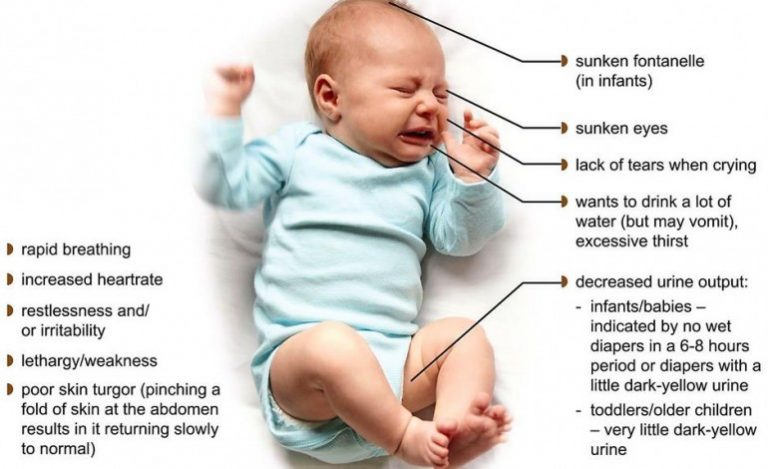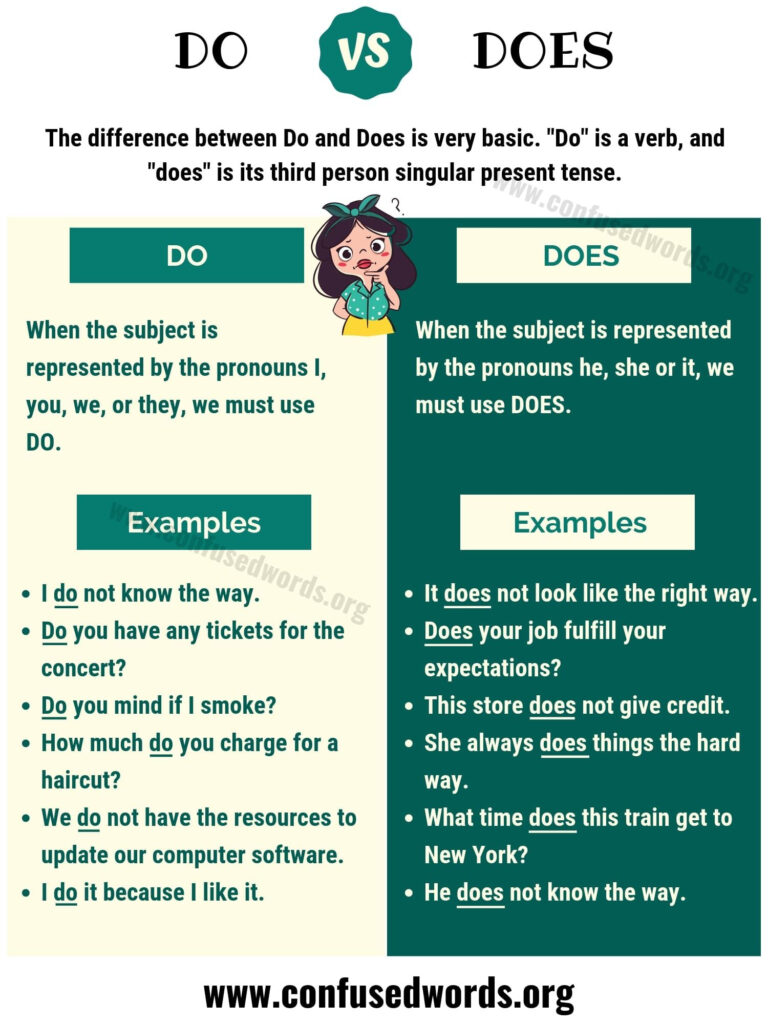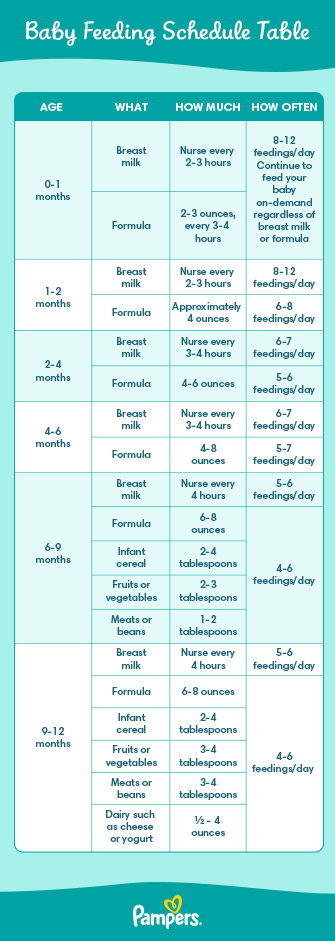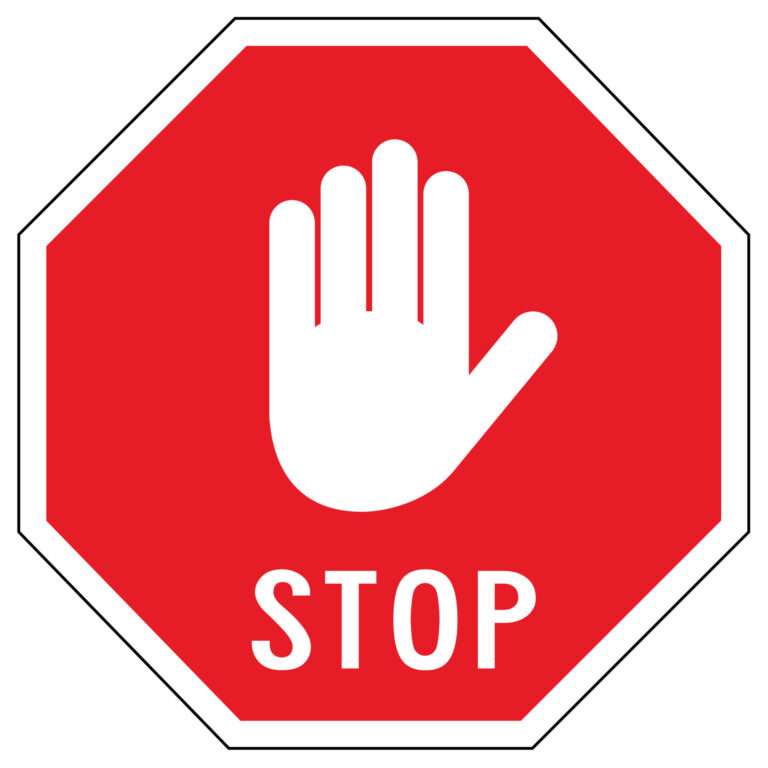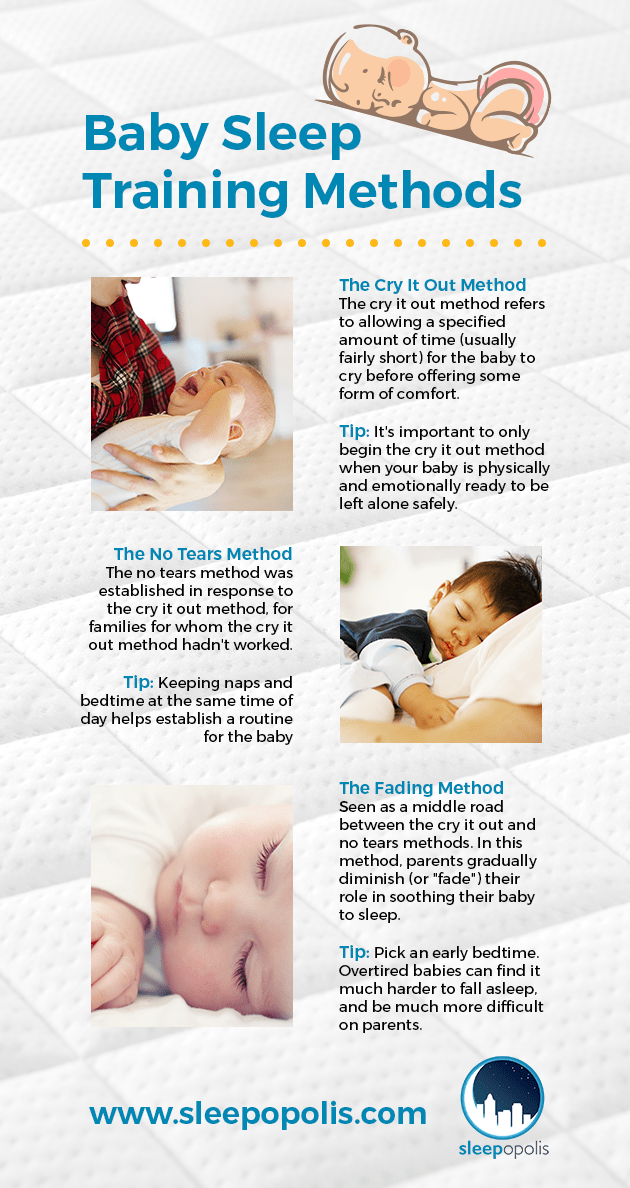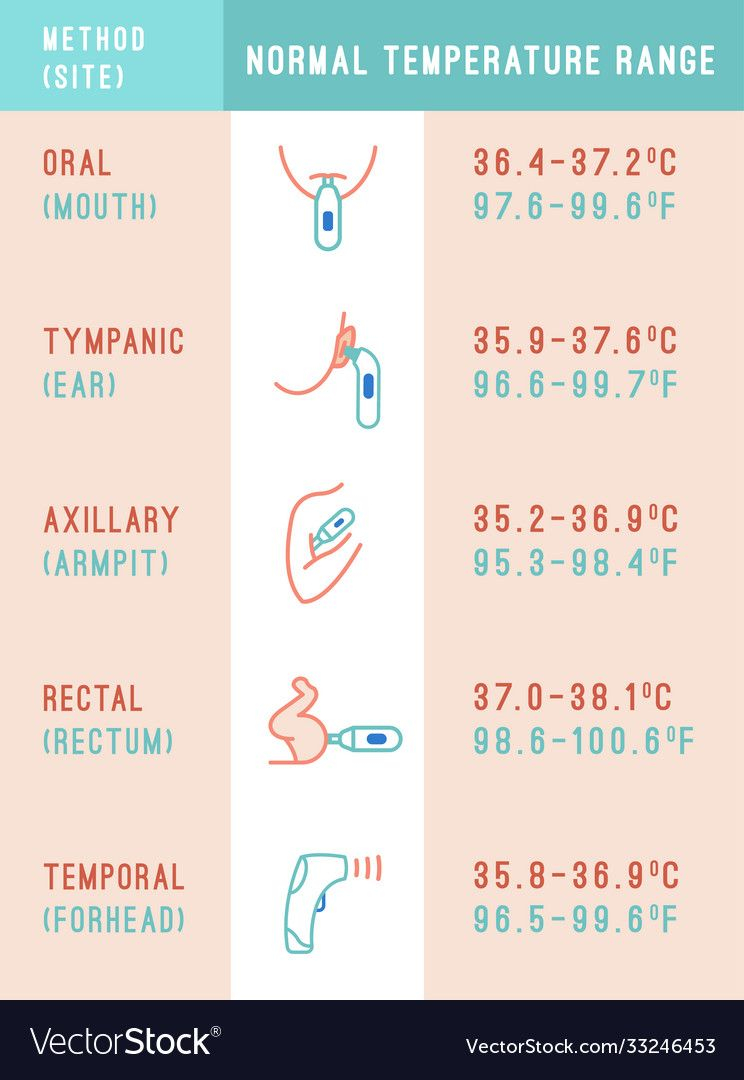How To Tell If Baby Is Dehydrated
Dehydration can be a serious issue, especially in babies who are more vulnerable to fluid loss. Knowing how to recognize the signs of dehydration in infants is crucial for their well-being. In this article, we will explore the various symptoms and indicators that can help you determine if your baby is dehydrated.
Knowledge
Dehydration occurs when the body loses more fluids than it takes in, leading to an imbalance in the body’s electrolytes. Babies are at a higher risk of dehydration due to their small size and rapid metabolism. It’s essential to be able to identify the signs of dehydration early to prevent any complications.
One of the first signs of dehydration in babies is a decrease in the frequency of wet diapers. If your baby is not producing enough urine or has dark yellow urine, it could be a sign that they are dehydrated. Other common signs include dry mouth, sunken eyes, lethargy, and irritability.
If you suspect that your baby is dehydrated, you can perform a simple test known as the skin turgor test. Gently pinch your baby’s skin on the back of their hand or abdomen. If the skin does not bounce back quickly, it could indicate dehydration. However, it’s essential to consult a healthcare professional for a proper diagnosis.
The best way to prevent dehydration in babies is to ensure they are getting an adequate amount of fluids. Breast milk or formula should be the main source of hydration for infants. In hot weather or during illness, you may need to offer your baby extra fluids to keep them hydrated.
Conclusion
Recognizing the signs of dehydration in babies is crucial for their health and well-being. By being aware of the symptoms and taking appropriate measures, you can help prevent dehydration and its associated complications. This article is intended for parents and caregivers who want to learn more about how to tell if their baby is dehydrated.
Understanding the signs of dehydration and knowing when to seek medical attention can make a significant difference in your baby’s health. Stay vigilant and trust your instincts if you suspect that your baby may be dehydrated. Remember, it’s always better to be safe than sorry when it comes to your little one’s well-being.
